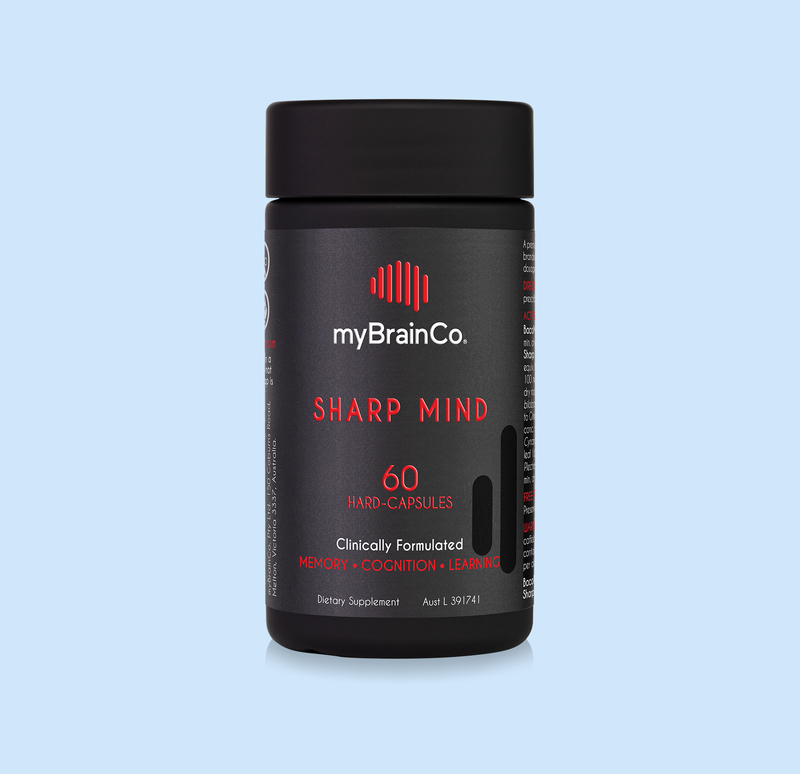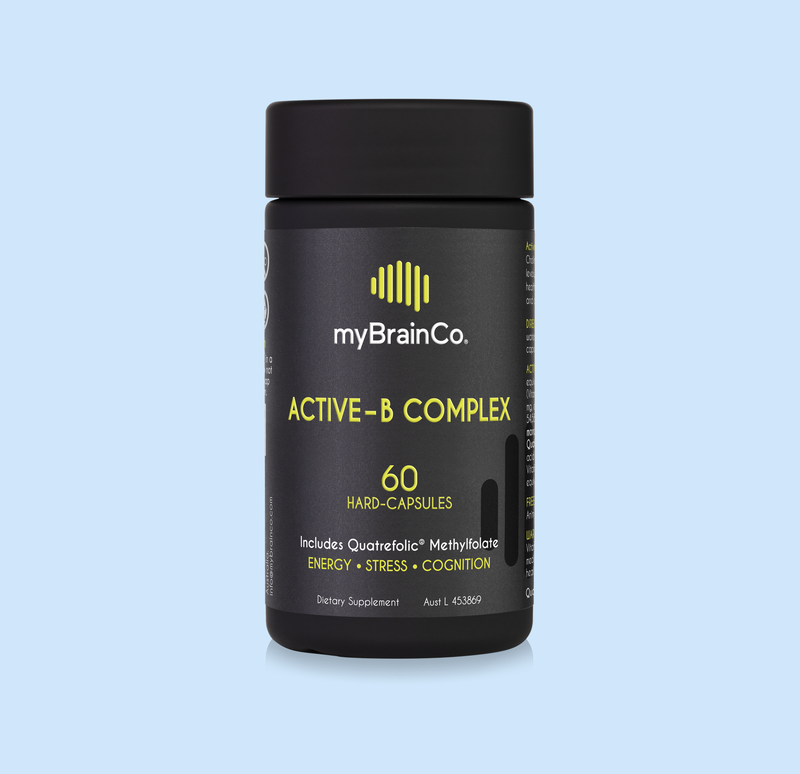Bloating, burping and belching? You just might have hypochlorhydria.
What Is Hypochlorhydria?
Hypochlorhydria means low stomach acid. The hydrochloric acid made by the lining of the stomach is an essential part of the digestive system. It is necessary to start the process of breaking down food (especially protein!) and plays a role in protecting our insides from pathogenic bacteria.
What Are The Signs Of Low Stomach Acid?
Without sufficient stomach acid, food will not be broken down and will linger in our digestive tract longer than it’s supposed to. This will lead to unpleasant gastrointestinal symptoms such as;
- Stomach pain
- Bloating, burping and flatulence
- Constipation or diarrhoea
- Visible undigested food matter in stools
- Indigestion, heartburn and reflux
The longer you have low stomach acid, the more it can contribute to long-term health effects. Stomach acid is needed to facilitate the availability of amino acids from protein digestion. An acidic environment is also important to the absorption of many nutrients, including zinc, iron and B12. If stomach acid is not optimised, we can begin to show common signs of deficiency, such as poor skin, hair and nails, as well as fatigue, anaemia and poor immunity.
The hydrochloric acid in the stomach also forms an integral part of our immune defences from pathogenic bacteria or other organisms we might ingest. As a result of low stomach acid, we can become more susceptible to gastrointestinal pathogens such as E.coli, Helicobacter pylori, Blastocystis and the development of small intestinal bacterial overgrowth (SIBO).
The combined effect of compromised acid defence systems and poor breakdown of food particles provides the ideal conditions for a leaky gut. Optimising stomach acid needs to be considered when looking to heal a compromised gut. Without addressing the return of ideal acid levels, the stomach environment will continue to throw up classic warning signs, like gas and bloating.
Can We Test For Low Stomach Acid?
Most often, low stomach acid is determined by the gut symptoms someone is experiencing. Other tests are considerably more invasive, such as swallowing a smart pill or other internal assessment techniques to monitor the acidity of the gut.
How Can We Support Quality Stomach Acid?
There are a number of things we can do to naturally support quality stomach acid production.
Digestive Bitters and Tonics.
Traditional medicine has employed bitter herbs to support digestion for centuries. Herbs like gentian, dandelion, chamomile, juniper, yellow dock, fennel, bitter melon, Andrographis and wormwood, as well as many liver-supporting herbs, are bitter in nature and help stimulate digestion. These are often used as drops added to water prior to meals.
In some cultures, the use of an aperitif or digestif would be used prior to meals as a way to stimulate appetite. These digestive tonics would often have herbal origins and include things like anise or quinine.
One of the easiest bitters that can be easily implemented into daily habits is to add a splash of bitter citrus like lime, lemon or grapefruit to water, or to have diluted apple cider vinegar shots on an empty stomach.
Boost Bitter or Acidic Foods.
In Ayurvedic medicine, chewing on a slither of ginger is often used as a digestive tonic to support stomach acid. Fermented foods are another traditional meal accompaniment that helps to optimise the pH of digestion. Fermented foods are usually slightly acidic at a pH of 4.6 or less, but they can have a balancing effect on digestion by contributing acid in upper digestion (stomach) and supporting the alkalising needs lower in digestion as food enters the intestines.Adding rocket (known as arugula in the USA), dandelion greens or kale to our salads with a nice vinaigrette is another way to provide bitters to digestion. Choosing to have your coffee black also provides bitters to digestion.
Think Zinc For Digestion.
Zinc is a component of an enzyme called carbonic anhydrase, which is essential to stomach acid synthesis. When you are deficient in zinc, it can have an acid-reducing effect, which also ironically reduces the absorption of many nutrients, including zinc! Zinc is one nutrient we are often low in because of low levels in the diet, poor absorption and the hundreds of ways zinc is used in the body, constantly depleting levels. We also burn through zinc in times of stress or when we consume a lot of sugar and carbs. Replenishing zinc regularly is essential not only to stomach acid but overall healing and repair functions.
Lastly, there are some key habits that we should consider that help to support and optimise digestion.
- Don’t eat on the run, or when under stress. Give yourself time to digest and absorb your food.
- Chew food well and get into the habit of not swallowing it until you’ve turned that bite of food into a paste.
- Add bitters and ferments into your daily eating habits.
- Drink fresh water, but not at the same time as eating.
- Focus on deep breathing 1-2 times per day to positively influence our nervous system and pH levels in our blood.
As the primary way we support our nutritional needs, it’s important to optimise not only what we eat, but how we eat and how effectively we can digest and absorb. These are the hallmarks of a quality digestive system, which is important for our gut-brain connection.
The Gut-Brain Connection
What does stomach acid have to do with brain health? Without stomach acid, our digestive system is less capable of digesting and absorbing critically important nutrients for brain health. Stomach acid is required for the breakdown and absorption of nutrients like zinc, iron, vitamin B12 and amino acids, all of which play important roles in brain wellbeing through their roles in mood, energy and immunity.
If stomach acid is impaired, we’re also more likely to be vulnerable to infections, and given the intricate connection between the gut and the nervous system, this places our brain and nerves at greater risk for neuroinflammation and damage. The gut’s ability to resist and manage infections and cultivate a healthy microbiome is an important hallmark of wellbeing, and without adequate stomach acid, we can disrupt this process.
.
.
.
.
.
REFERENCES
Guilliams TG, et al. Meal-Time Supplementation with Betaine HCl for Functional Hypochlorhydria: What is the Evidence? Integr Med (Encinitas). 2020 Feb;19(1):32-36.
Sturniolo GC, et al. Inhibition of gastric acid secretion reduces zinc absorption in man. J Am Coll Nutr. 1991 Aug;10(4):372-5.
Liu J, et al. Demand for Zn2+ in Acid-Secreting Gastric Mucosa and Its Requirement for Intracellular Ca2+. PLoS ONE 2011;6(6):e19638.
Feldberg W, et al. Activity of Carbonic Anhydrase in Relation to Gastric Secretion. Nature 1940;146:651–652
Davies RE. The Mechanisms of Hydrochloric Acid Production by the Stomach. Biological Reviews. 1951;26(1):87-120



